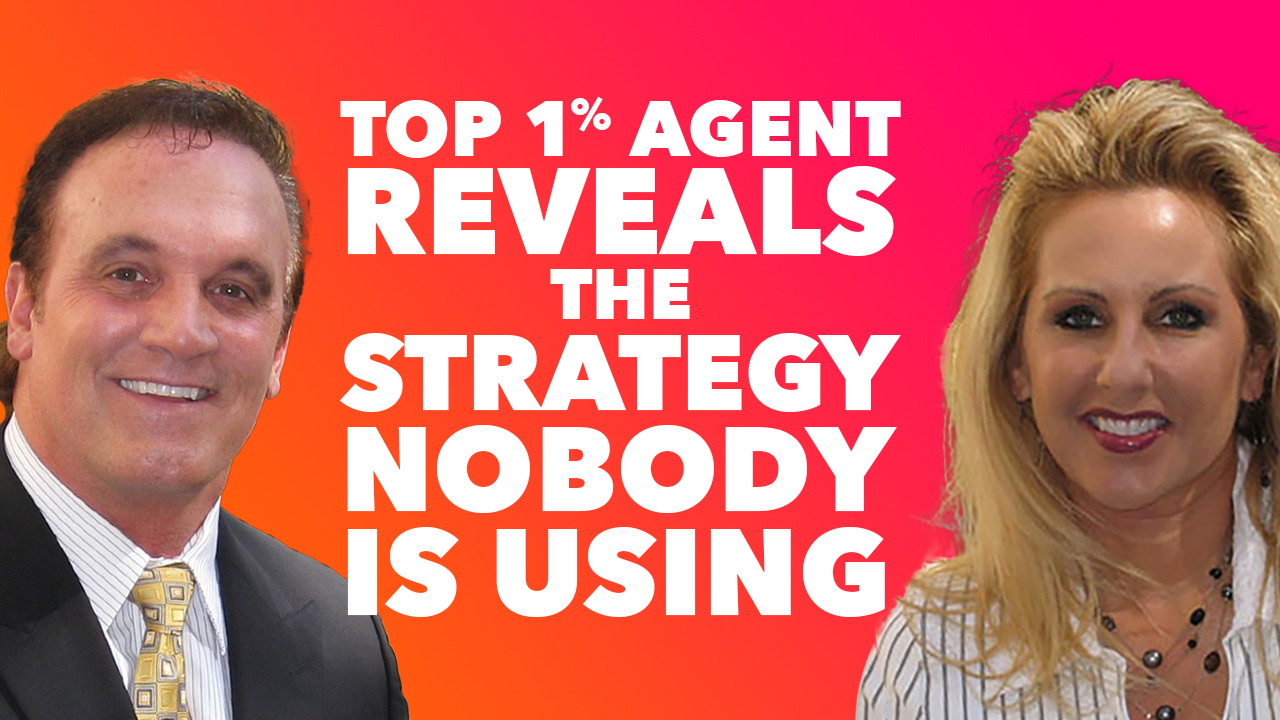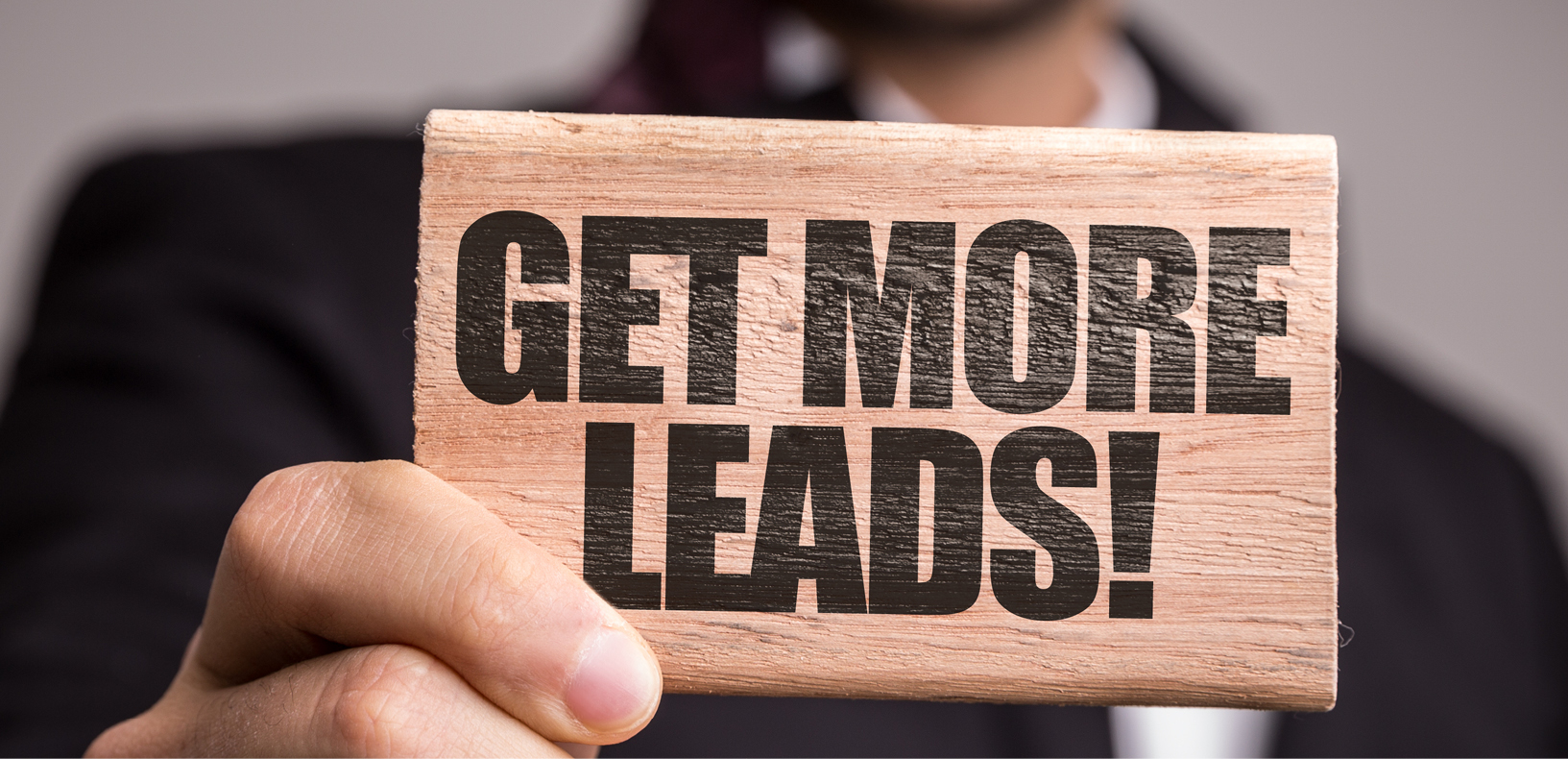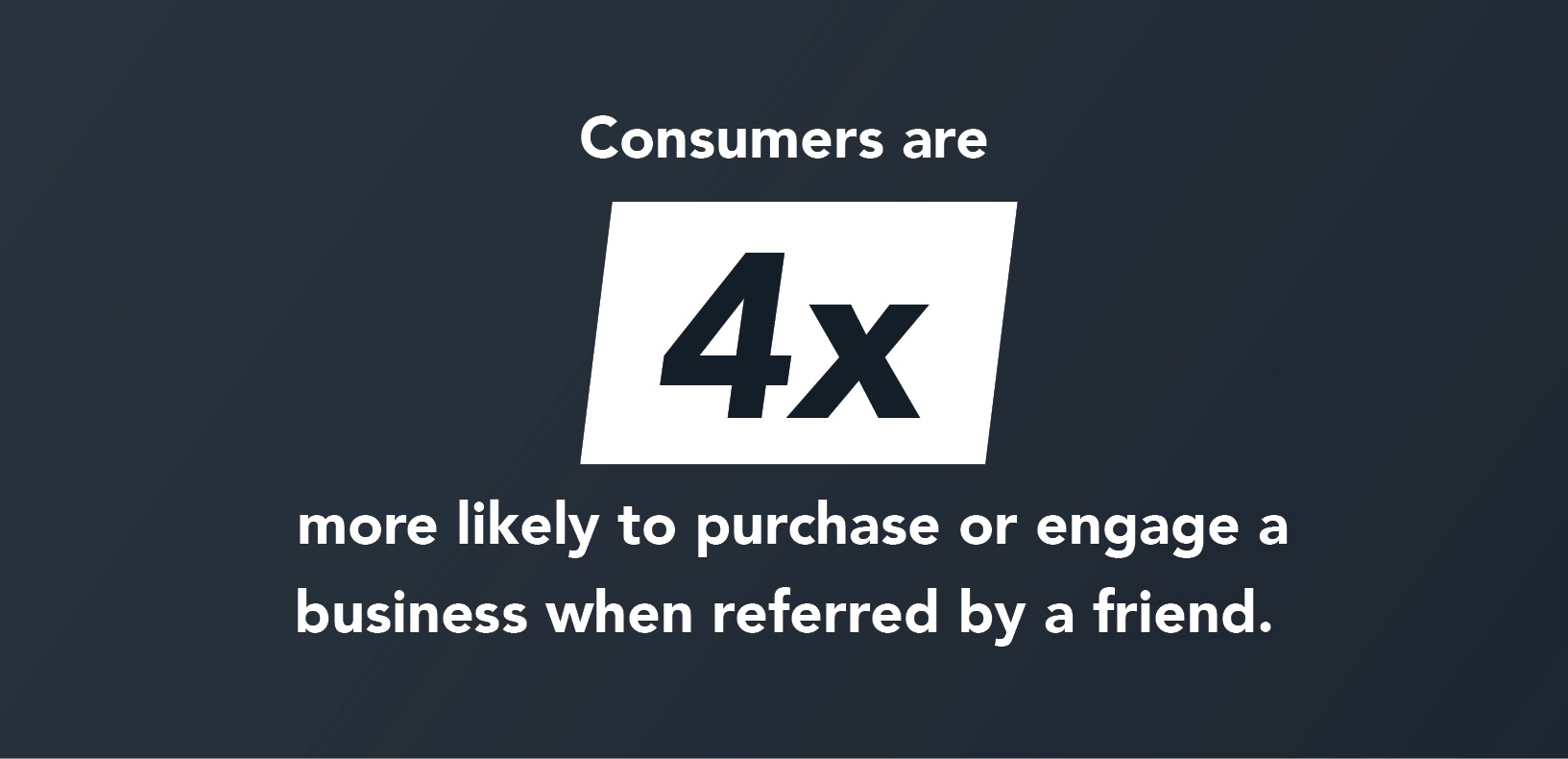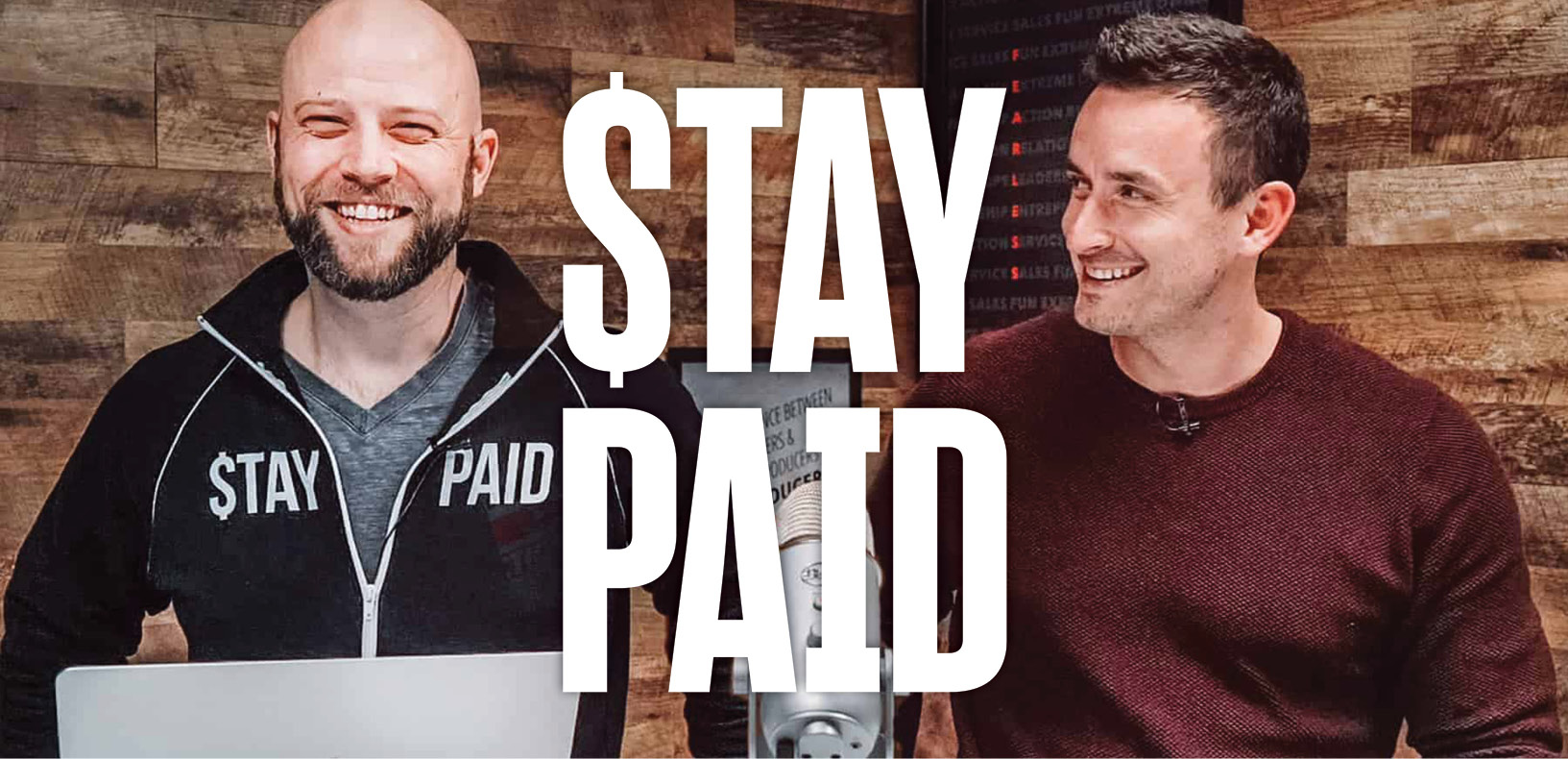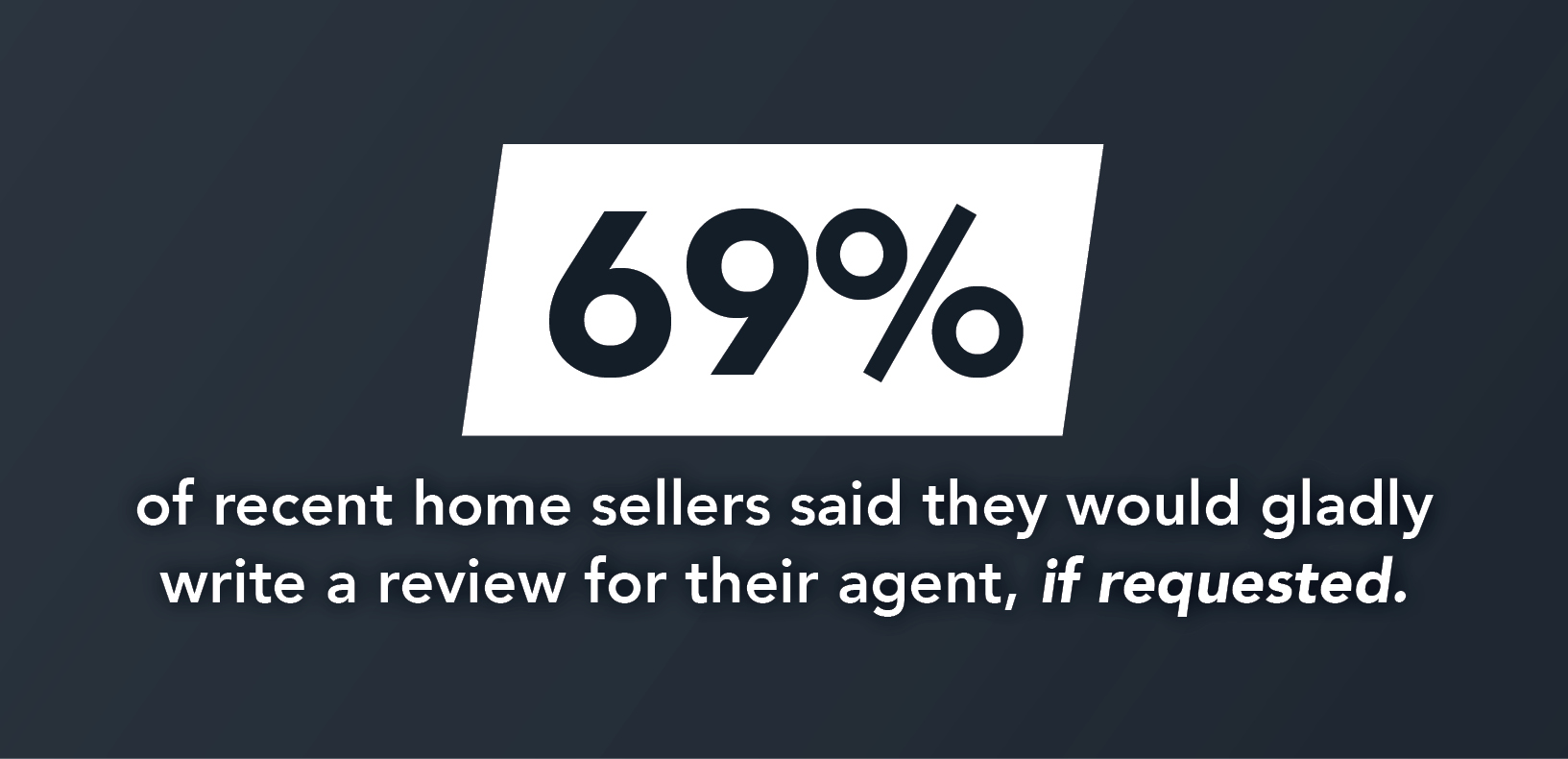Part 1 in our series: How Real Estate Agents Can Optimize Their Referral Marketing Strategies
You don’t need to be told how valuable client referrals are to your real estate business. Even so, it’s worth trying to quantify the value they can add to your business and the commissions they can add to your pocket.
Numbers will always vary, but they give you a sense of just how vitally important referral marketing is to the success of a small business:
- 82% of small businesses claim referrals as their main source of new business. [Source]
- 92% of consumers trust referrals from people they know. [Source]
- 83% of consumers say they are willing to refer your business after a positive experience. [Source]
- Customers referred by other customers have a 37% higher retention rate. [Source]
- Consumers are four times more likely to purchase from or engage with a business when referred by a friend. [Source]
With specific reference to real estate businesses, the National Association of REALTORS® reports:
- 67% of recent home sellers used a referral or the same real estate agent they had worked with in the past. That number jumped to 81% for younger millennial sellers.
- 47% of all recent home buyers received a referral from a friend, neighbor, or relative. That number is 55% for buyers ages 23 to 31. Referrals remain the primary method most buyers use to find their real estate agent.
Here’s one final number that should get your juices flowing: According to McKissock Learning, agents who excel in garnering referrals earn an average of $76,000 more per year than agents who don’t.
Pretty impressive.
In Part 1 of our series How Real Estate Agents Can Optimize Their Referral Marketing Strategies, we’ll take a deep dive into the nature of our subject: what is a referral, and what do we know about the psychology of referrals. Along the way, I’ll provide some rubber-hits-the-road tactics to get more referrals that rely on the psychological theories described.
Each of the upcoming articles in the series will introduce you to specific referral marketing tactics used by million-dollar producers from inside and outside the industry. All of these highly successful entrepreneurs have appeared as guests on our popular podcast, Stay Paid.
In those articles, I’ll be including links to each guest’s interview. I encourage you to listen to their complete stories for all the details that make their referral marketing strategies especially effective.
What is a referral?
I’m not going to get all technical about this; suffice to say that a referral is a word-of-mouth endorsement of a product or service. But don’t let the simplicity of this definition fool you: there’s more here than meets the eye.
First, and you may not have considered this, but a referral doesn’t have to come from an existing client. Quite the contrary: someone who has never done business with you can still provide a referral. Referrals can come from your advocates, other agents or brokers, family, friends, and other relationships within your social circle.
Second, “word of mouth” isn’t restricted to traditional face-to-face conversations. Numerous studies have demonstrated that word of mouth has a greater influence on consumers than either editorial recommendations or advertising, but electronic word of mouth—like what you find on social media, Yelp, and other review sites—needs to be given special consideration. Because it can spread like wildfire, come from an unknown or even anonymous source, and remain forever available anytime and anywhere, electronic word of mouth is arguably more significant than traditional word of mouth.
Third, a referral is an endorsement. This simple fact creates a slew of expectations on the part of the person giving the referral. You must meet these expectations if you want to preserve the relationship and continue to have them send leads your way. I’ll talk more about these expectations a little later.
The power of referrals
When you read enough research about a topic, you can become suspicious of numbers, especially statistics. One source might report 16% of survey respondents said “X” while another reports 22% said the same thing. Trace back numbers to their original source, and you may find that a blog published in 2022 is quoting numbers from a study done in 2008.
While I’ve done my best to authenticate the numbers that follow and to find the most recent statistics, don’t treat them like literal figures. Instead, consider the magnitude of what they represent: 80-odd percent of something is a lot of that something.
So, when the Neilsen 2021 Trust in Advertising Survey reports that 88% of global respondents trust recommendations from people they know more than any other channel, you can believe a huge number of people from around the globe believe what their amigos tell them.
But a significant portion of consumers also trust recommendations from people they don’t know. Case in point: online reviews exert a GINORMOUS degree of influence on consumer behavior.
Statistics everywhere demonstrate the clout of online reviews and illustrate their importance to consumers when making purchasing decisions. For instance:
- 97% of consumers will read a review before they purchase something, while 30% of those under the age of 44 use a review for every purchase they make. [Source]
- 84% of consumers said reviews of service businesses (I’d include real estate professionals here) and tradespeople are “important” or “very important” to their decision. [Source]
- 94% of consumers report that a negative online review caused them to steer clear of a business. [Source]
I’ve already mentioned the significant percentage of homebuyers and sellers who find their agents through referrals. Now, let’s increase those percentages for your own real estate business.
What follows are descriptions of several theories that help to explain the psychology of referrals. Along the way, I share tactics supported by these theories that agents can incorporate into their referral marketing strategy to consistently get more referrals that convert.
The theory of social proof
Social proof theory, popularized by psychologist and author Robert Cialdini, PhD, suggests that when we aren’t sure how to behave in a situation, we look for guidance by observing and then imitating the behavior of others.
There are four principles at work in social proof:
- The first is uncertainty. We are often unsure of ourselves when we enter unfamiliar situations. In these cases, when we don’t know how to act or what to do, we take direction from others.
- Next is similarity. When looking to other people, we’re more likely to imitate or assume the behavior and attitude of people we perceive as being most similar to us. Typically, those people are our peers, but other commonalities like age, gender, race, ethnicity, or common experiences are also influential.
- A third principle is expertise. Even if someone is only slightly more familiar with a situation than we are, or if we think they have any more knowledge than we do, we’re that much more inclined to follow their lead.
- Finally, there is number. The greater the number of people who think that “X” is the way to go, the more we think “X” is the valid option.
How agents can use social proof
Recall what I wrote earlier about the power of online reviews. If ever there was a reason to ask clients to post positive reviews of your business online, social proof is it.
A positive review is akin to an endorsement, which acts like a referral. According to social proof theory, the greater the number of positive reviews, the more persuasive influence their collective weight will have on a person’s choice of agent. This is especially true if, for example, a potential lead is moving to a new community and isn’t familiar with agents in the area or doesn’t know anyone to ask for a personal referral.
Make an effort to ask clients to write reviews.
In 2021, The Close reported that 69% of recent home sellers said they would gladly write a review for their agent, if requested. You also want as many reviews as you can get since, on average, consumers only begin to trust star ratings once you’ve collected about 40 reviews. Reviews also help your SEO and rankings.
Will Penney, an agent in Akron, Ohio, and one of our podcast guests, has hundreds of Google reviews—plus more on social media, Angi, and elsewhere. His prospecting is minimal, yet he sells about 200 homes a year.
You can also use signage to create social proof.
Social proof theory tells us that your signage doesn’t just advertise properties for sale. Nor do your Just Listed and Just Sold postcards featuring six, seven, or eight properties only prompt calls from those ready to move. The more signs posted in a neighborhood and the more properties listed on a postcard, the more social proof you command.
Make more intentional choices about your marketing.
Familiarity with social proof and its principles of uncertainty, similarity, expertise, and number enable you to look for opportunities to make more purposeful and calculated marketing decisions.
For example:
- Does your messaging promote you as the trusted agent in your community? If an entire community trusts you, that goes a long way toward alleviating a potential lead’s uncertainty about whom to hire.
- Do the images you use reflect characteristics and include situations to which your ideal client will relate? If your niche is single-parent families, make sure you’ve only got one adult in your photos.
- Do the client testimonials you share refer to previous homebuying or selling experiences, or to choosing you over another agent? Both suggest these clients have some expertise in selecting an agent.
- Do you include how many clients you’ve served or transactions you’ve closed in your presentations, brochures, or website? All of those people can’t be wrong, right?
Of course, no single one of these tactics by itself will likely have an appreciable effect, but collectively their influence has an undeniable persuasive effect.
Trust and social belonging
Human beings are social creatures; we have a need to feel like we belong. We value our connectedness and will sacrifice a great deal in order to remain in good standing with our tribe—but only up to a point.
Before engaging in any type of social action, we first have to believe that the recognition and reward we’ll receive is greater than the risk of being ignored or rejected.
At the heart of this risk is our reputation.
 A person’s reputation is their social currency; it’s a measure of their social standing and influence. When someone recommends you to another person, they’re putting their own reputation at risk with the expectation that you will protect it—and no one is going to put their reputation at risk by endorsing someone they don’t trust.
A person’s reputation is their social currency; it’s a measure of their social standing and influence. When someone recommends you to another person, they’re putting their own reputation at risk with the expectation that you will protect it—and no one is going to put their reputation at risk by endorsing someone they don’t trust.
If I recommend my REALTOR® to a colleague, it’s because I feel confident that my colleague will appreciate the same excellent service I experienced as a client. Fail to meet my expectation, and my REALTOR® has not only disappointed my colleague but also devalued my social currency. At the very least, my judgement has been called into question and there’s little chance my colleague will trust any future recommendation from me.
How agents can use trust and social belonging
You can help assure people that the trust they place in you when they offer a referral is well placed if you educate them about your process. This is especially true if the referral comes from someone other than a past client.
When you reach out to a referred lead, include the person who provided the referral in the same text message or email.
The first thing this will do is confirm for the person that you followed through, bolstering their confidence that you can be trusted to act on the information they provided to you.
Of course, you want to include your thanks in your message. It’s common courtesy, but it also shows that you value the referral and the effort (however small) it took to provide it.
When explaining your process, your goal is to reassure both the person who provided the referral and your lead that you have an organized plan in place.
There is no need to delve into details at this point. It’s enough to suggest a meeting and to provide an overview of what will be covered. Some reference to the steps you’ll take to find an earnest buyer or the perfect home will help reassure everyone that making this referral was a good move.
The principle of reciprocity
There is something called the “principle of reciprocity” that social psychologists, evolutionary biologists, and even economists ponder every day. They want to figure out why people feel obligated to do something nice for someone who has done something nice for them, or, conversely, to respond to someone’s bad behavior with punishment.
To reciprocate is a behavior so deeply engrained in our human psyche that to even ask why seems odd since the answer is obvious: “Because that’s what you do.”
Lucky for us, we don’t need to get into the weeds about why we engage in reciprocal behavior. Like Sheldon from the television show, The Big Bang Theory, it’s enough for us to know that reciprocity is a “non-optional social convention.”
But we do need to be clear about what reciprocity is.
Robert Cialdini, to whom I made reference above, has written numerous, best-selling books about the science of influence, the psychology of persuasion, and how marketers and others can ethically apply both in business. In Influence: The Psychology of Persuasion [#ad], Cialdini wrote that we are “hard-wired” to respond positively to a gift. This is the case, regardless of whether we asked for it or even wanted it.
We automatically feel indebted to respond in kind.
But there’s an aspect of reciprocity that real estate agents would do well to keep in mind: the longer the interval between receiving an act of kindness (such as a gift) and the opportunity to reciprocate that kindness, the less obligated we feel to do so. So, for example, if you present your clients with a closing gift, then make sure that you ask them to give you a positive review on Google during the same interaction, or shortly thereafter.
How agents can use the principle of reciprocity
Speaking of closing gifts, agents will often present their clients with a gift at the close of a transaction as an authentic gesture of congratulations. But even as they are sincere in their congratulations, it’s every agent’s hope that their clients will show their appreciation and respond to their gifts by referring them to others.
To that end, there are ways to optimize the effects of giving gifts to clients that can augment the psychological pressure of the principle of reciprocity.
First, if you want more referrals, you can gift clients more often. Your gifts don’t need to be expensive or lavish; in fact, more often than not, they shouldn’t be because you run the risk of causing clients to feel awkward in accepting them. Remember, reciprocity requires that people respond in kind.
You can also give unexpected gifts. Closing gifts are such a common practice that many clients almost expect to receive one. What they won’t expect is something Kim Angeli, the CEO and founder of Grateful Box, Inc., does for the people in her sphere: she send a handwritten card and a gourmet brownie on their half birthday.
If your clients aren’t into chocolate (hey, it happens), you might send a gift card on National Use Your Gift Card Day (the third Saturday in January) or a toy to the people in your database who have pets on National Pet Day (April 11).
Remember, “It’s the thoughtful thought that counts.” John Ruhlin, author of Giftology: The Art and Science of Using Gifts to Cut Through the Noise, Increase Referrals, and Strengthen Retention, [#ad] suggests that the best client gifts reflect the special interests of the recipients.
A personalized gift, such as something relevant to a hobby, in a client’s favorite color, for their pet snake, or that can be enjoyed by the entire family, creates the greatest push to reciprocate. These gifts show that you were paying attention, make clients feel good, and add value to your relationship.
At ReminderMedia, we’re experts in reciprocity and referrals.
You can send a free gift subscription of our personally branded magazines to your exclusive list of recipients. Select from four content types to best suit the interests of your clients, and we’ll deliver them to your clients’ mailboxes free of charge every six week to keep you top of mind. You can also personalize these publications down to the individual level at no additional cost.
The takeaway
It’s useful to know why something works.
In the instance of referrals, when you understand the general psychological principles that explain why referrals are so powerful, why people need to trust someone before recommending them, and why giving a gift obligates someone to respond in kind, you can use that understanding and apply those principles to a variety of situations and marketing strategies.
It’s what the producers discussed in the upcoming articles in this series have done in their own businesses. In Part 2 of How Real Estate Agents Can Optimize Their Referral Marketing Strategies, you’ll find out how several producers have used client events to get more referrals.
___
You’ll find the other articles in this series at the links below:
We are a participant in the Amazon Services LLC Associates Program, an advertising program designed to provide a means for ReminderMedia to earn a small fee by linking to Amazon.com and affiliated sites.









